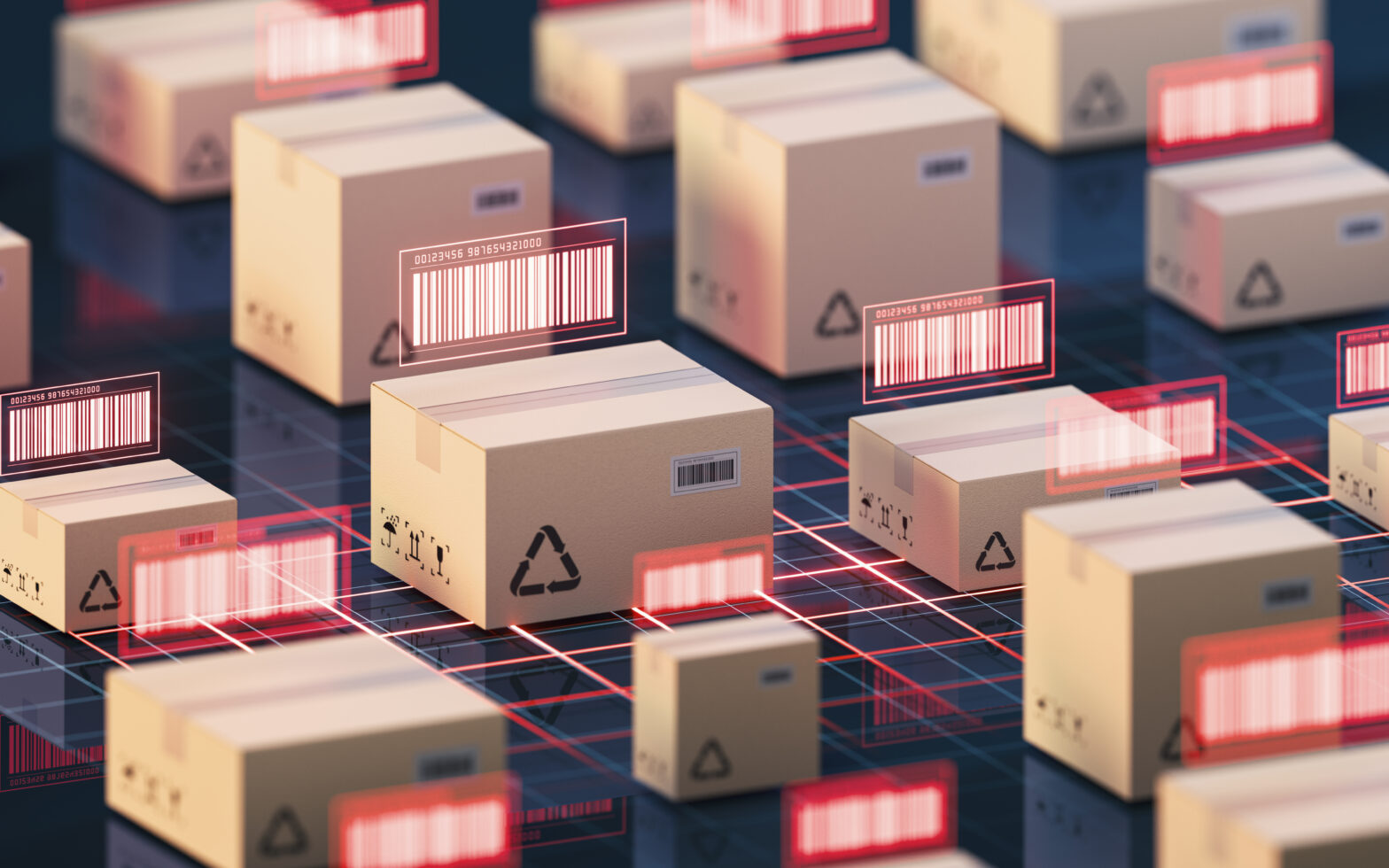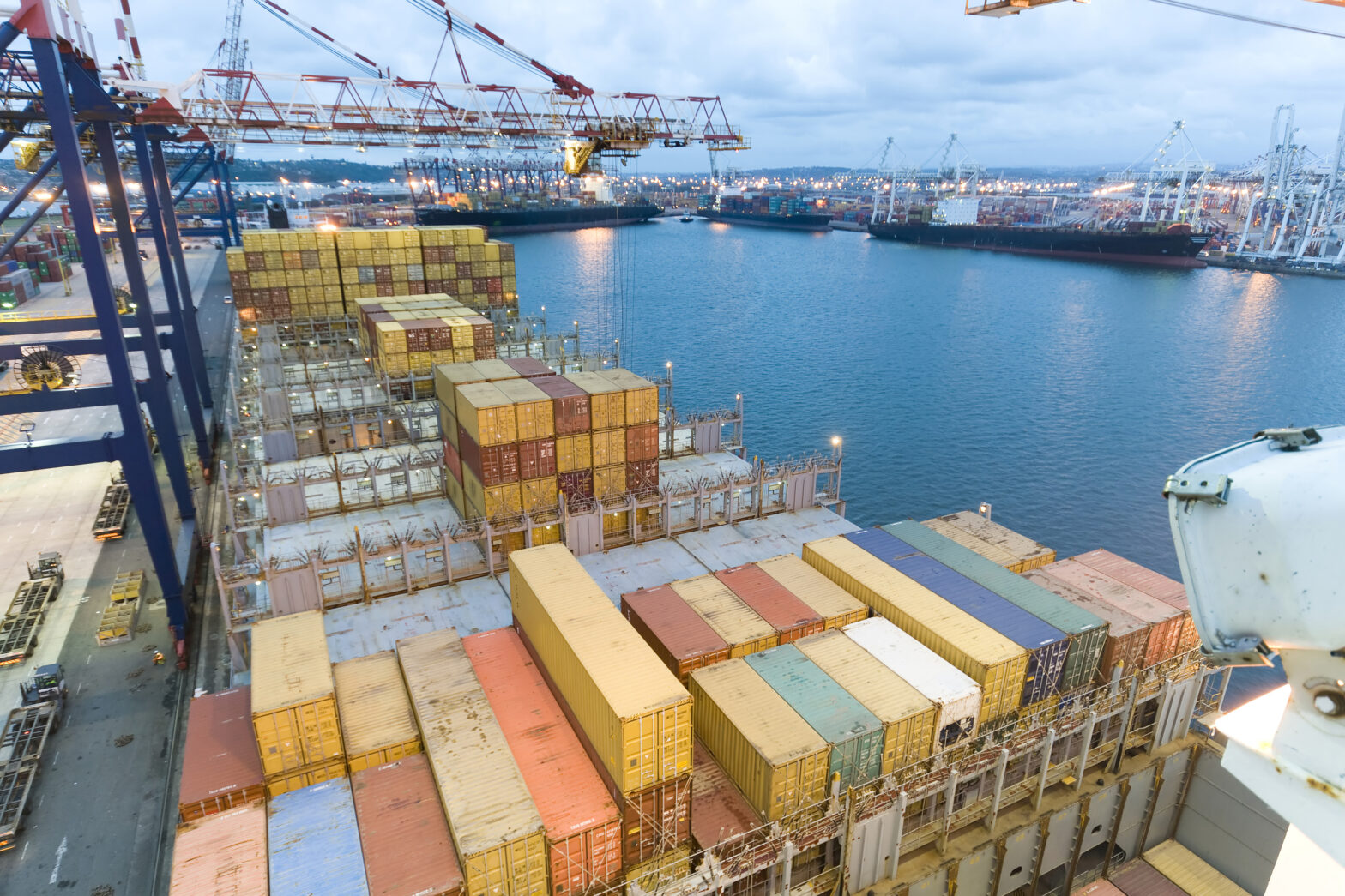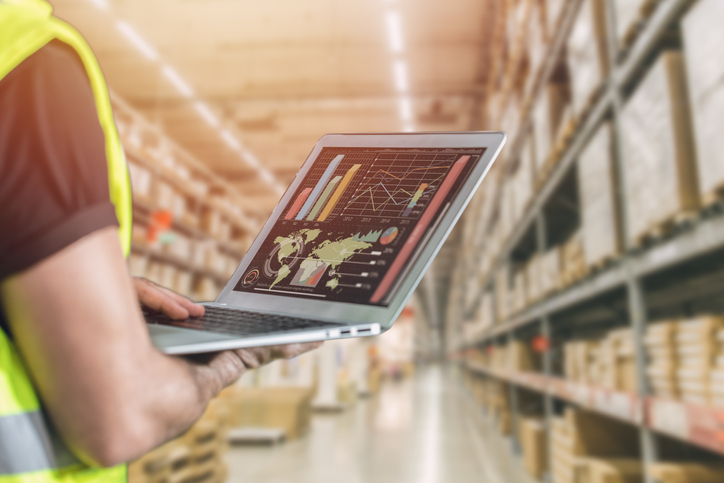International trade continues to be a driving force in the world economy. If you are a small business and are reading this, you’ve already taken the first step towards making this growth work in your favour.
If you have a product that is in demand and are ready to take it to the next level by exporting globally, you will need a good understanding on how to work with customs.
At FedEx Express, we understand the importance of practical knowledge when starting to export. To help with this, we have compiled a short guide to help you get off to a flying start. These tips offer the key information you need to navigate customs and will help you get your product to market as quickly and efficiently as possible – wherever in the world that may be.
Before we get started it’s worth noting, the most essential piece of advice we can offer you is: ‘preparation is everything’. Ensure you spend more time in getting everything set up and in place before embarking upon your expansion.
1. Understand the process
Customs not only protect the health and safety of a country and its citizens but also its economy as a whole. As well as collecting revenues in terms of duties and taxes, customs protect borders against potential security threats as well as guarding against counterfeit goods.
- Check out the customs differences between nations, you might be surprised how wide-ranging they can be!
Customs procedures are always changing and each product or commodity is subject to different rules and regulations. To find out more about the differences, the European Commission’s market access database is a good starting point:
Customs in emerging market economies tend to require a higher level of official documentation than, for example, in Europe. Working with their customs departments entails more steps, processes and paper forms and usually works on a transactional basis (shipment by shipment). There are also typically higher levels of physical inspections involved.
In contrast, countries like the UK, USA and many within the EU have been investing heavily in automation and have been able to build strong relationships with trade bodies for a longer period of time – both of which make for faster processes. The customs procedures in such nations are often more audit-based, where agreements have been set up with customs brokers to self-control the customs regulatory compliance. This approach permits a faster release of physical shipments and decreases the number of physical examinations.
Whilst a good knowledge of different customs procedures and processes around the world is certainly useful, it’s not essential and simply having an overview of the basic rules will put you in a good position. In fact, most express service providers can support you with the more detailed or complex questions you may have.
2. The ‘passport’ for your shipment
Whichever system you are facing, the efficiency of the process depends on the customs officers having accurate information. Make sure you think about the kinds of documentation you will need to provide. If you can complete this accurately then you are well on your way to success:
- Think of preparing your shipment as you would prepare for a holiday
- Offer as much detail as you can
Preparing to ship products is quite similar to preparing yourself for a holiday. Before you travel to a country there are certain checks you have to make such as whether you need a passport, visa, or vaccinations. You may also check the country’s website to ensure there aren’t any security warnings or any other conditions you need to meet. It’s the same with shipping abroad: research is key.
It’s important to provide full details with each shipment, including certificates, licenses, etc. Remember: the customs officer on duty will not know you or your business and the documents you provide will help them do their job quickly and efficiently.
- Be as descriptive as possible when filling in the commercial invoice as this document is probably the most important paperwork for international shipping.
- Commercial Invoice = the passport of your shipment.
To avoid delays, everything contained in it must be correct and consistent.
- If the initial preparation is thorough, each individual transaction or shipment will pass through customs with the fewest possible delays.
That said, there are a couple of other pointers to consider in getting the best out of the customs process.
3. Get to know the local markets and local customs rules
- Think like a local – the more firsthand information you have the better
To achieve a real competitive advantage, start to develop an intimate knowledge of the local situation and ensure you meet and exceed the requisite local standards. Many companies, such as FedEx, already have documentation online to help companies build up their local knowledge on customs but ultimately, nothing beats actually visiting the country itself. Have a look for any country-specific events you could attend. Consider whether you might have any in-country contacts who could share relevant knowledge. Ask yourself “Is there a local SME organisation you can join to get advice?’
4. Slow and steady wins the race
The idea of exporting globally is exciting but it’s important to expand your business at a steady pace that you are happy and comfortable with. Expand slowly, one country at a time to ensure your approach is steady, sustainable and controlled.
Feeling totally prepared to enter a new market will enable you to better navigate customs and achieve real and lasting commercial success on a global scale.
5. Find a trusted global express transportation provider
Express carriers (integrators), such as FedEx, can not only satisfy your transport needs but also often have integrated customs brokerage operations located around the world. These companies are among the largest customs brokers in the world and their local customs expertise and specialised knowledge in each country is outstanding.
In the world of customs clearance, local expertise and local experience go a long way, often making the process much quicker and straightforward.
Never before has global trade been so accessible to small businesses. The fact you can have communications technology at your fingertips combined with the global transportation expertise of a company like FedEx allows you to focus on your core business, to conquer new markets and to build a higher level of compliance.
The only thing left is to get out there and get involved: there are countless opportunities just waiting for you.





